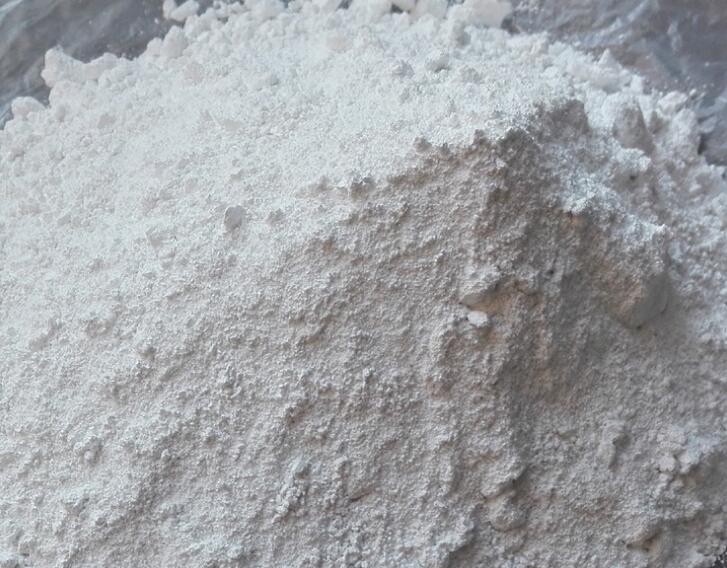Optimizing durability: Research and application of magnesium hydroxide modified slag cement against magnesium ion corrosion

Research on the resistance to magnesium ion erosion of magnesium hydroxide modified slag cement and its application in durability improvement" is a research project focusing on enhancing the resistance of slag cement to magnesium ion erosion through magnesium hydroxide (Mg(OH)_2) modification. , and explore the research topic of its application value in improving the durability of building materials. Specifically, we can conduct an in-depth discussion from the following aspects:
Research background and significance: Environmental challenges: In geological or marine environments rich in magnesium salts, concrete structures are prone to magnesium ion erosion, leading to expansion and cracking, posing a serious threat to structural safety and lifespan. Characteristics of slag cement: Due to its environmental friendliness and potential durability advantages, slag cement has become an ideal basic material for researching erosion resistance improvement. Modification strategy: Magnesium hydroxide, as a potential modifier, has the potential to effectively inhibit magnesium ion corrosion and enhance material durability due to its slow-release and alkaline properties. Modification mechanism and chemical reaction: Magnesium hydroxide can react with Mg ²+generated during the erosion process to form more stable compounds and reduce the activity of corrosive ions. Microstructural optimization: By improving the pore structure of the cement matrix, reducing the infiltration path of the corrosive medium, and enhancing the compactness of the material. Inhibiting alkali aggregate reaction: The addition of magnesium hydroxide also helps to balance the pH value of cement slurry, prevent or reduce alkali aggregate reaction, and further improve durability. Experimental research and performance evaluation preparation method: Design experiments to prepare slag cement samples modified with different proportions of magnesium hydroxide, and explore the optimal modification scheme. Performance testing: Evaluate key durability indicators such as compressive strength, flexural strength, permeability, and expansion rate of samples before and after modification through simulated erosion environment testing. Microscopic analysis: Use SEM, XRD and other methods to analyze the microstructure changes of the cement matrix before and after modification, and verify the modification effect. Application prospects and challenges: Exploring the application potential of modified slag cement in marine engineering, underground infrastructure, and construction of saline soil areas. Cost benefit analysis: Taking into account the cost and long-term economic benefits of modified materials, evaluate their feasibility in practical engineering applications. Environmental Impact Assessment: Study the environmental compatibility of modified materials to ensure their green sustainability. Conclusion and Outlook: In summary, magnesium hydroxide modified slag cement shows great potential in improving its resistance to magnesium ion erosion and durability. Future research should further optimize modification technologies and explore their mechanisms of action, while emphasizing the balance between economic and environmental impacts, to promote their widespread application in practical engineering.








